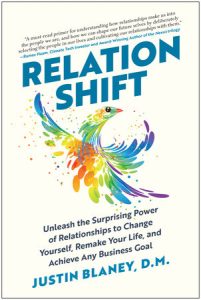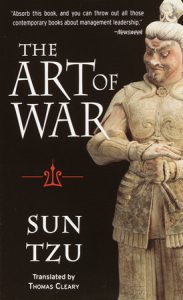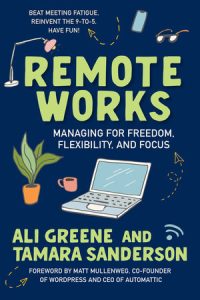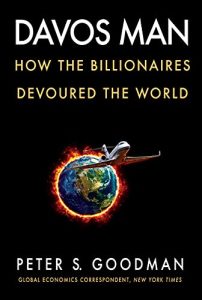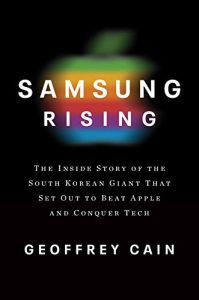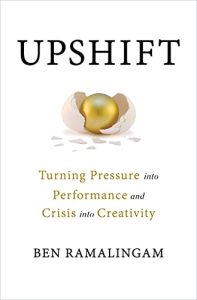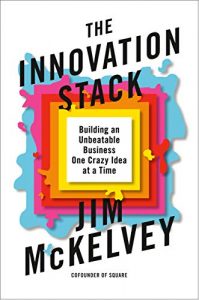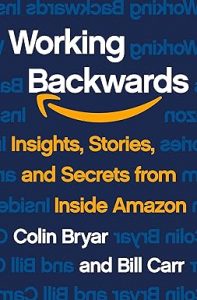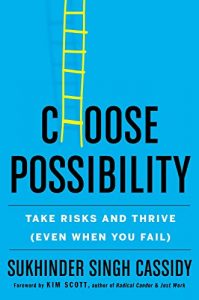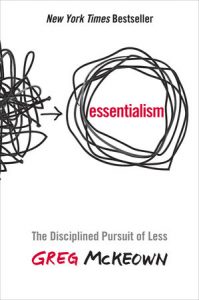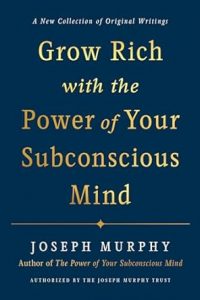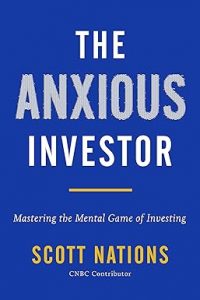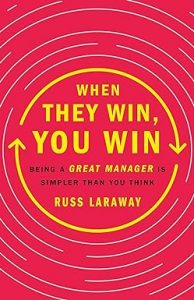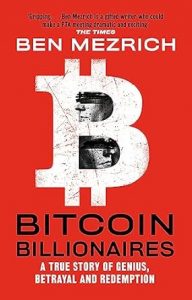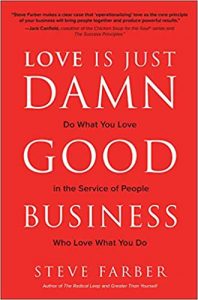Relationshift
₦12,000.00No greater force for change exists than the people we surround ourselves with. Relationshift explores how the people in your life have colored your worldview, how this limits or expands your options, and what to do about it.
Through the stories of British explorer Gertrude Bell, abolitionist hero Frederick Douglass, music icons the Beastie Boys, and many others, this book will help you:
– Learn how to connect with high-caliber people who can help you go further in life.
– Understand the rules of life as handed down through countless generations—then learn how to recognize which ones can be bent.
– Grow in happiness, thankfulness, peace, and contentment while eliminating the power of negative emotions.
– Explore how our minds reject new concepts like our bodies reject viruses.
– Build a personal tribe that can help you achieve any goal in work, health, or relationships.
– Make better choices by learning to see your options more clearly and honing your ability to move quickly with less information.
– Identify relationships that have the most impact on your wellbeing, for better or worse.
-Discover and refine the direction of your life by exploring wisdom from twenty experts on purpose.
With dozens of illustrations and practical examples, Relationshift will help you take greater control of your life and uncover a path to your best possible future.

